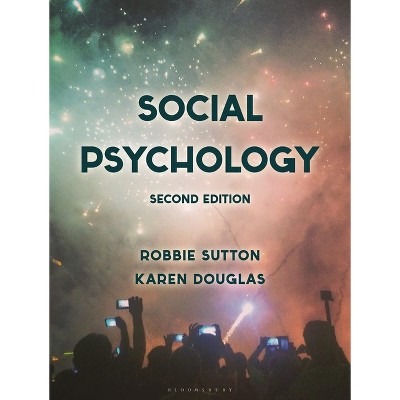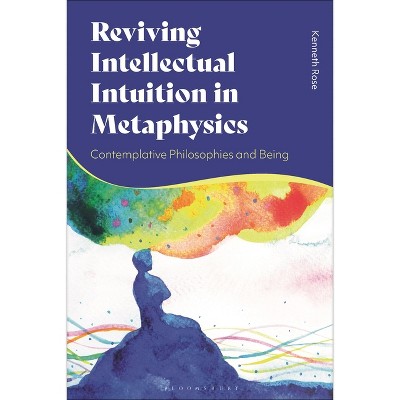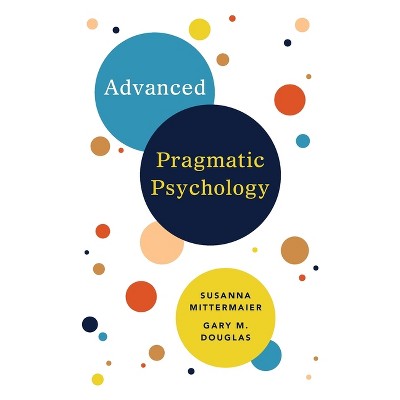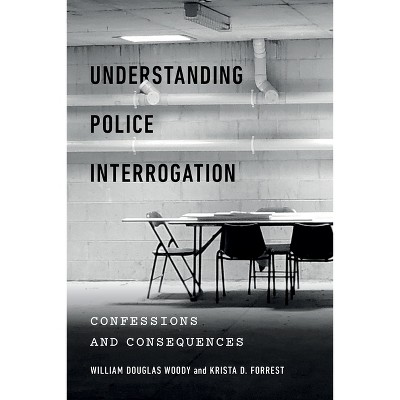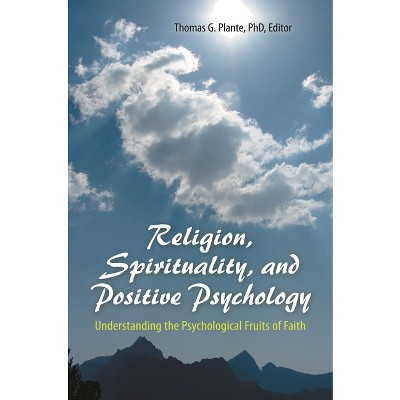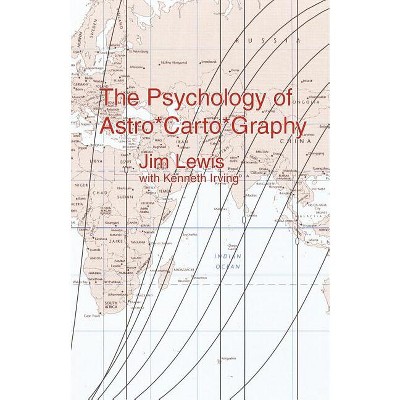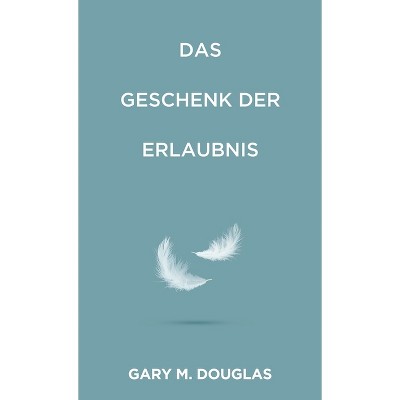Sponsored

Classic Experiments in Psychology - by Douglas Mook (Hardcover)
In Stock
Sponsored
About this item
Highlights
- The typical survey course in psychology has time for only limited presentation of the research on which our knowledge is based.
- About the Author: DOUGLAS MOOK is Professor Emeritus of Psychology at the University of Virginia.
- 384 Pages
- Psychology, General
Description
About the Book
The typical survey course in psychology has time for only limited presentation of the research on which our knowledge is based. As a result, many students come away with a limited understanding of the role of experiments in psychological science. Where do experiments come from and how are they conducted? What are the pitfalls and how can we avoid them? What advantages do they have over intuition, authority, and common sense as guides to knowing and acting? What distinguishes research-based psychology from psychobabble? What have we learned from experimentation in psychology?
This book presents, in more depth than textbook treatment permits, the background, conduct, and implications of a selection of classic experiments in psychology. The selection is designed to be diverse, showing that even for research in vastly different areas of study, the logic of research remains the same--as do its traps and pitfalls. This book will broaden and deepen the understanding of experimental methods in psychological research, examining where the research questions come from, how questions can be turned into experiments, and how researchers have faced the problems presented by research in psychology.
Book Synopsis
The typical survey course in psychology has time for only limited presentation of the research on which our knowledge is based. As a result, many students come away with a limited understanding of the role of experiments in psychological science. Where do experiments come from and how are they conducted? What are the pitfalls and how can we avoid them? What advantages do they have over intuition, authority, and common sense as guides to knowing and acting? What distinguishes research-based psychology from psychobabble? What have we learned from experimentation in psychology?
This book presents, in more depth than textbook treatment permits, the background, conduct, and implications of a selection of classic experiments in psychology. The selection is designed to be diverse, showing that even for research in vastly different areas of study, the logic of research remains the same--as do its traps and pitfalls. This book will broaden and deepen the understanding of experimental methods in psychological research, examining where the research questions come from, how questions can be turned into experiments, and how researchers have faced the problems presented by research in psychology.Review Quotes
"Fifty-eight classic experiments of psychology--at least as the field is viewed by the author--are described in this volume. The choice of experiments is excellent....[T]his book would be an excellent companion to a standard textbook in courses in the history of psychology."-SB&F
"In this fascinating book, Mook offers not classic papers in psychology but rather 60 short chapters, each five pages or so in length. In each chapter, he reviews a classic study in psychology....[t]his readable book will serve as a very useful resource for informing students about the original and powerful experiments that established the methodology and theory of contemporary psychological science. Essential. Lower- and upper-division undergraduates."-Choice
?[P]rovides an in-depth, college-level approach to psychological experiments and their implications. Classic depth, college-level approach to psychological experiments and their implications. Classic experiments are outlined, with different areas of study receiving focus on both pitfalls and positives. Excellent--even required--supplemental reading for any serious-level researcher.?-MBR Bookwatch
?Fifty-eight classic experiments of psychology--at least as the field is viewed by the author--are described in this volume. The choice of experiments is excellent....[T]his book would be an excellent companion to a standard textbook in courses in the history of psychology.?-SB&F
?In this fascinating book, Mook offers not classic papers in psychology but rather 60 short chapters, each five pages or so in length. In each chapter, he reviews a classic study in psychology....[t]his readable book will serve as a very useful resource for informing students about the original and powerful experiments that established the methodology and theory of contemporary psychological science. Essential. Lower- and upper-division undergraduates.?-Choice
"ÝP¨rovides an in-depth, college-level approach to psychological experiments and their implications. Classic depth, college-level approach to psychological experiments and their implications. Classic experiments are outlined, with different areas of study receiving focus on both pitfalls and positives. Excellent--even required--supplemental reading for any serious-level researcher."-MBR Bookwatch
"[P]rovides an in-depth, college-level approach to psychological experiments and their implications. Classic depth, college-level approach to psychological experiments and their implications. Classic experiments are outlined, with different areas of study receiving focus on both pitfalls and positives. Excellent--even required--supplemental reading for any serious-level researcher."-MBR Bookwatch
About the Author
DOUGLAS MOOK is Professor Emeritus of Psychology at the University of Virginia.Shipping details
Return details
Frequently bought together



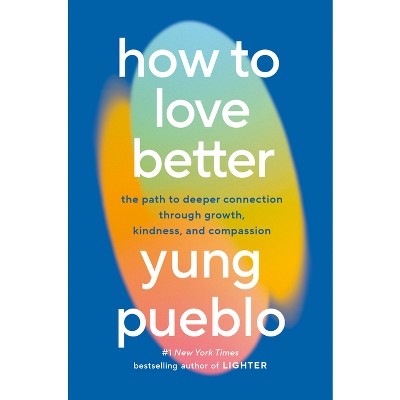
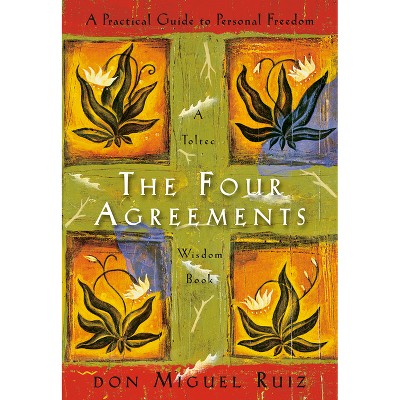
Trending Non-Fiction






Discover more options
